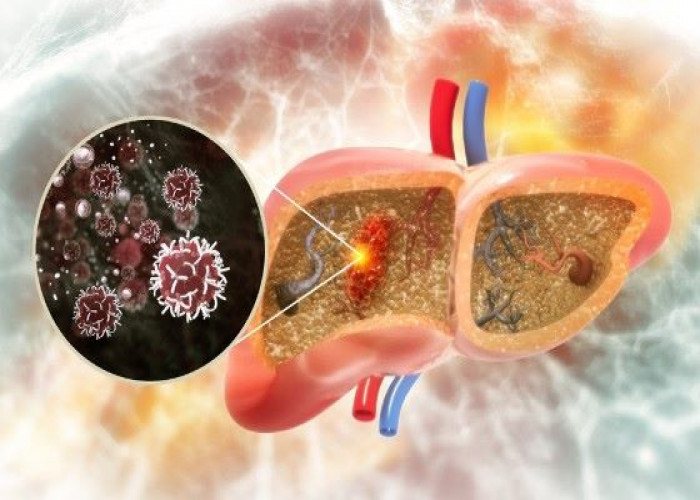 Welcome
Welcome
“May all be happy, may all be healed, may all be at peace and may no one ever suffer."
Gallbladder cancer

Gallbladder cancer is a rare type of cancer that forms in the gallbladder, a small organ located beneath the liver. Cancer typically starts in the innermost layer of the gallbladder and can spread to other parts of the body if not detected and treated early.
The cause of gallbladder cancer is not well understood, but some factors that may increase the risk of developing the disease include:
- Gallstones: People with a history of gallstones are at an increased risk of developing gallbladder cancer.
- Chronic inflammation: Chronic inflammation of the gallbladder, typically caused by bacterial infections, may increase the risk of developing cancer.
- Age: Gallbladder cancer is more common in people over the age of 65.
- Gender: Women are more likely than men to develop gallbladder cancer.
Symptoms of gallbladder cancer can be non-specific and may include:
- Abdominal pain or discomfort
- Jaundice (yellowing of the skin and eyes)
- Nausea and vomiting
- Loss of appetite and weight loss
- Fever
- Itchy skin
Diagnosis of gallbladder cancer typically involves imaging tests, such as ultrasound, CT scan, or MRI, to look for any abnormalities in the gallbladder. A biopsy may also be performed to confirm a diagnosis.
Treatment for gallbladder cancer may involve surgery to remove the gallbladder and surrounding tissues, as well as chemotherapy or radiation therapy to kill any remaining cancer cells. The specific treatment plan will depend on the stage and extent of cancer.
It is important to seek medical attention if you experience any symptoms of gallbladder cancer, as early detection and treatment can improve the chances of a successful outcome. A healthcare professional can help diagnose the condition and develop an appropriate treatment plan.
Research Papers
Disease Signs and Symptoms
- Abdomen pain
- Upper right or center abdomen pain
- Abdomen bloating
- Yellowing of skin and eyes (jaundice)
Disease Causes
Gallbladder cancer
It's not clear what causes gallbladder cancer.
Doctors know that gallbladder cancer forms when healthy gallbladder cells develop changes (mutations) in their DNA. A cell's DNA contains the instructions that tell a cell what to do. The changes tell the cells to grow out of control and to continue living when other cells would normally die. The accumulating cells form a tumor that can grow beyond the gallbladder and spread to other areas of the body.
Most gallbladder cancer begins in the glandular cells that line the inner surface of the gallbladder. Gallbladder cancer that begins in this type of cell is called adenocarcinoma. This term refers to the way the cancer cells appear when examined under a microscope.
Disease Prevents
Disease Treatments
What gallbladder cancer treatment options are available to you will depend on the stage of your cancer, your overall health and your preferences.
The initial goal of treatment is to remove the gallbladder cancer, but when that isn't possible, other therapies may help control the spread of the disease and keep you as comfortable as possible.
Surgery for early-stage gallbladder cancer
Surgery may be an option if you have an early-stage gallbladder cancer. Options include:
- Surgery to remove the gallbladder. Early gallbladder cancer that is confined to the gallbladder is treated with an operation to remove the gallbladder (cholecystectomy).
- Surgery to remove the gallbladder and a portion of the liver. Gallbladder cancer that extends beyond the gallbladder and into the liver is sometimes treated with surgery to remove the gallbladder, as well as portions of the liver and bile ducts that surround the gallbladder.
If your gallbladder cancer is very small and can be removed completely with cholecystectomy, you may not need additional treatments. If there's a risk that cancer cells may remain after surgery, your doctor may recommend chemotherapy or other treatments.
Chemotherapy
Chemotherapy uses drugs to kill rapidly growing cells, including cancer cells. Chemotherapy can be administered through a vein in your arm, in pill form or both.
Chemotherapy might be recommended after surgery if there's a risk that some gallbladder cancer cells might remain. It can also be used to control the cancer if surgery isn't an option.
Radiation therapy
Radiation therapy uses high-powered beams of energy, such as X-rays and protons, to kill cancer cells. The energy beams come from a machine that moves around you as you lie on a table.
Radiation therapy is sometimes combined with chemotherapy after surgery for gallbladder cancer if the cancer couldn't be removed completely. Radiation therapy can also control gallbladder cancer that's causing pain if surgery isn't an option.
Targeted drug therapy
Targeted drug treatments focus on specific weaknesses present within cancer cells. By blocking these weaknesses, targeted drug treatments can cause cancer cells to die. Targeted drugs might be an option for people with advanced gallbladder cancer.
Your doctor may test your cancer cells to see which targeted drugs are most likely to work for you.
Immunotherapy
Immunotherapy is a drug treatment that helps your immune system to fight cancer. Your body's disease-fighting immune system might not attack cancer because the cancer cells produce proteins that make it hard for the immune system cells to recognize the cancer cells as dangerous. Immunotherapy works by interfering with that process.
Immunotherapy might be an option for treating advanced gallbladder cancer.
Disease Diagnoses
Disease Allopathic Generics
Disease Ayurvedic Generics
Disease Homeopathic Generics
Disease yoga
Gallbladder cancer and Learn More about Diseases

Narcissistic personality disorder
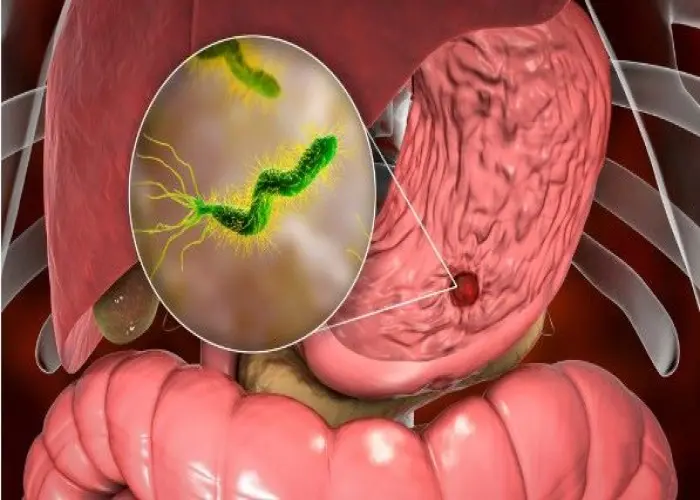
Duodenal Ulcer
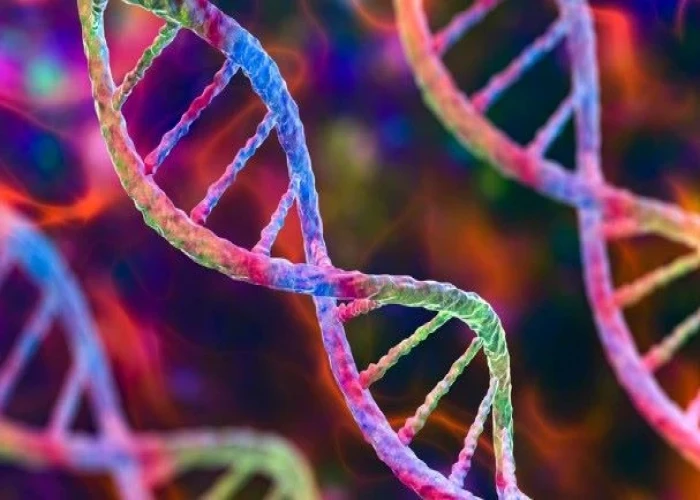
Prader-Willi syndrome
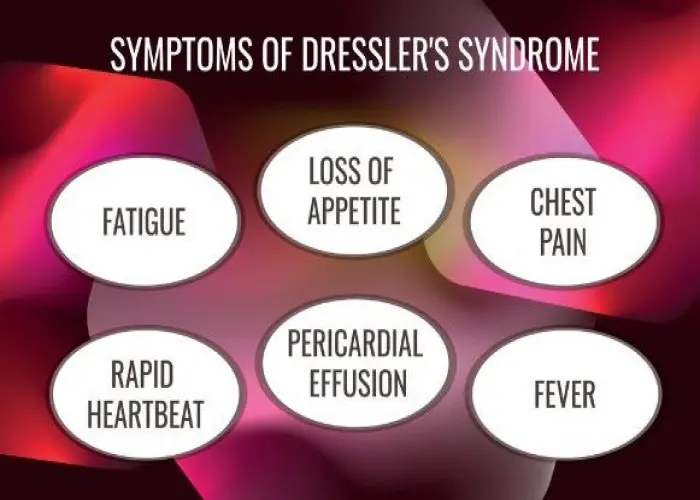
Dressler syndrome
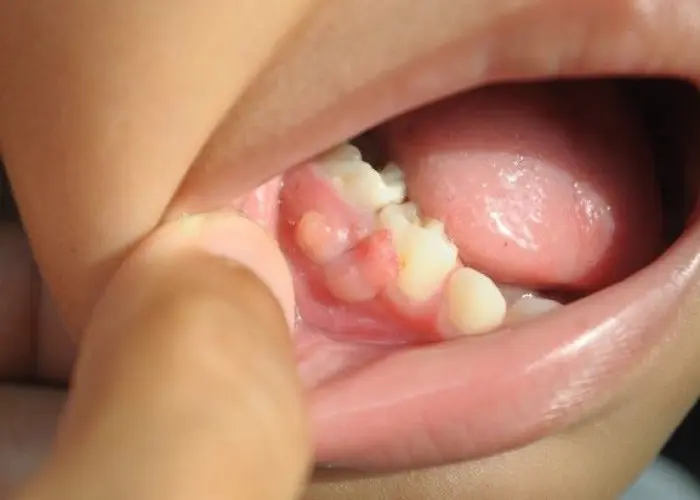
Gum Boil

Albinism

Milia

Glossitis (Inflammation of tongue)
gallbladder cancer, পিত্তথলি ক্যান্সার
To be happy, beautiful, healthy, wealthy, hale and long-lived stay with DM3S.
